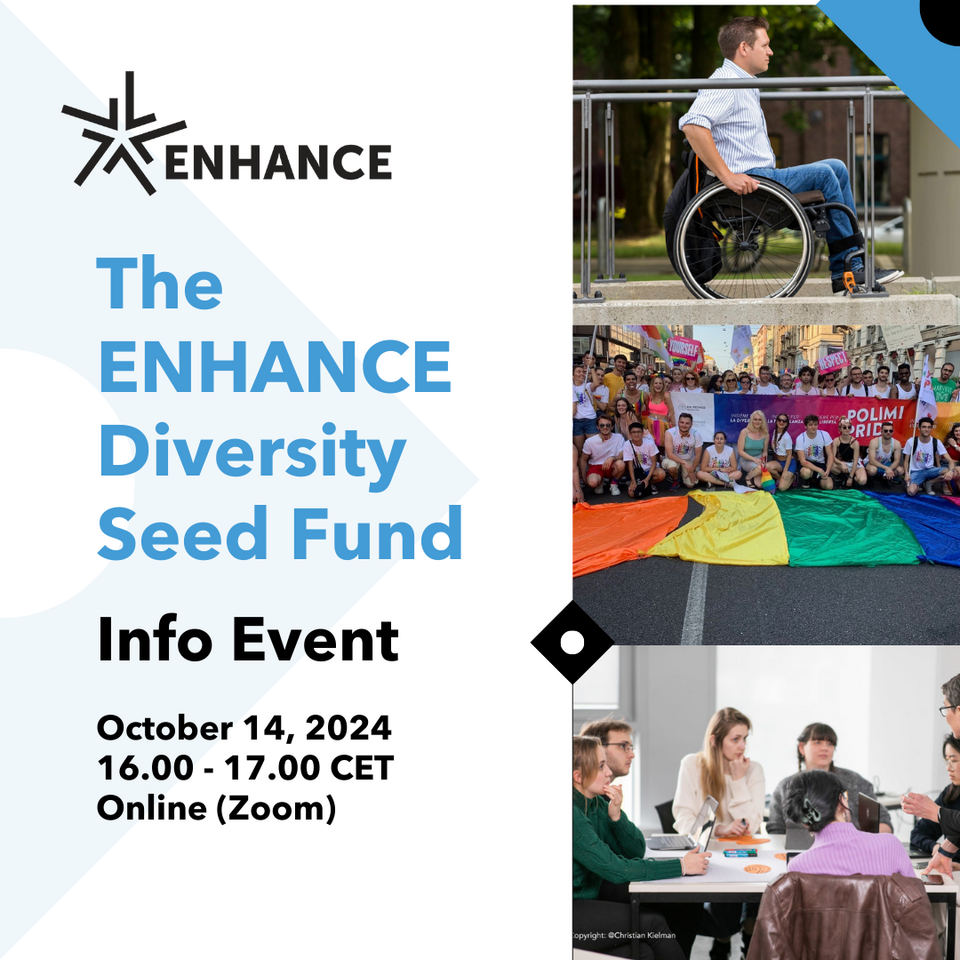Prof.dr. Laurens Siebbeles
Laurens Siebbeles (1963) is head of the section Optoelectronic Materials in the Chemical Engineering Department at TU Delft, (3 PI's, 5 technicians, ~20 PhD students/postdocs). The section has a worldwide unique infrastructure with production of excitons/charges by laser or high-energy electron pulses, and detection by time-resolved optical, microwave or THz conductivity techniques. He pairs experimental research with theory of charge/exciton dynamics in materials with potential (opto)electronic applications. Experimental and theoretical studies are carried out in collaboration with numerous academic groups worldwide and with industry, most notably Toyota Motor Europe in Brussels, Belgium. He publishes the results in international peer reviewed journals and via (invited) oral presentations at (international) conferences, universities or research institutes. Some results have been highlighted in other scientific journals, (inter)national newspapers and other popular media/websites. The research of Siebbeles has been funded by the Netherlands Organisation for Scientific Research (NWO, FOM, STW), the European Union, the Deutsche Forschungs Gemeinschaft and Toyota Motor Europe. In 2004 he received a VICI grant from NWO; a prestigious grant of 1250 k€ for PI's who have demonstrated their ability to develop a new line of research and act as mentor for young researchers. The grant was complemented by 500 k€ from TU Delft and used to develop a femtosecond laser facility and picosecond pulsed high-energy electron accelerator. In 2016 he was awarded an NWO-TOP grant of 800 k€, offering outstanding researchers the possibility to renew their research. He uses this grant to study excitons and charge carriers at high density, including the formation of electron-hole Cooper pairs (in collaboration with Vanmaekelbergh and Stoof from Utrecht). On a regular basis Siebbeles is (co-)organizer of (inter)national conferences, serves on (inter)national recruitment committees, boards for awarding research grants, etc. He has been teaching several courses for bachelor and master students at TU Delft, including classical mechanics, quantum mechanics/chemistry, spectroscopy and condensed matter physics. Since 2016 he is director of the Graduate School (for PhD students) of the Faculty of Applied Sciences at TU Delft. Curriculum Vitae Scientific education 1991 PhD degree, University of Amsterdam Thesis studies carried out in FOM Institute for Atomic and Molecular Physics (AMOLF) in Amsterdam. Thesis title: Anisotropy in the photodissociation of H2. Thesis advisor: Prof. Dr. J. Los 1986 MSc degree Chemistry, Free University Amsterdam Topics: Photolectron spectroscopy experiments on ionization of small molecules and quantum chemical electronic structure calculations. Past and present positions 2005-present Professor and head of section Optoelectronic Materials in Dept. of Chemical Engineering (TU Delft). Topics: Experiments and theory on excitons and charges in (in)organic nanomaterials, such as quantum dots, nanowires and two-dimensional materials. 2016-present Director of the Graduate School (for PhD students) of the Faculty of Applied Sciences at TU Delft. 2011-2016 Deputy Head of the Department of Chemical Engineering (TU Delft). 2001-2005 Professor and head of section Radiation Chemistry in Reactor Institute of TU Delft. Topics: Experiments and theory on excitons and charges in organic materials and interaction of high-energy radiation (electrons, positrons, muons) with matter. 2000-2001 Associate professor of Radiation Chemistry in the Reactor Institute of TU Delft. 1994-2000 Assistant professor of Radiation Chemistry in the Reactor Institute of TU Delft. Topics: Experiments and theory on excitons and charges in organic materials and interaction of high-energy radiation (electrons, positrons, muons) with matter. 1994-1994 Postdoc in FOM Institute for Atomic and Molecular Physics (AMOLF, Amsterdam) in group of Prof. Dr. W.J. van der Zande. Topic: Quantum theory on photodissociation of molecules. 1991-1994 Postdoc in Laboratoire pour l’Utilisation du Rayonnement Electromagnétique, Université de Paris Sud (Orsay, France) in group of Prof. dr. J.A. Beswick. Topics: Experiments and quantum theory on photodissociation of molecules. Awards TOP grant (2016) form the Netherlands Organisation for Scientific Research (NWO) of 800 kEuro, offering outstanding researchers the possibility to renew their research. VICI grant (2004) in the Innovational Incentives Scheme of The Netherlands Organisation for Scientific Research (NWO); prestigious grant of 1250 kEuro for senior researchers that have demonstrated their ability to develop a new line of research and act as a mentor for young researchers. Young Chemist grant (2002, NWO); grant of 230 kEuro for excellent young chemists to initiate a new research line. Antoni van Leeuwenhoek professorship (2001); honorary early promotion to full professor awarded by TU Delft to excellent, promising young scientists. Prof.dr. Laurens D.A. Siebbeles +31 (0)15 27 81800 l.d.a.siebbeles@tudelft.nl Building 58 Van der Maasweg 9 NL-2629 HZ Delft





